The Introduction to Child Psychology course provides a comprehensive overview of the field, covering key concepts, theoretical approaches, and factors influencing child development. Participants will gain insight into the fascinating world of child psychology and the factors that shape a child’s growth and behavior. The course begins with an introduction to the tutor and an overview of the course, setting the stage for exploring the field of child psychology. Participants will learn about the definition of child psychology and the role of child psychologists in understanding and supporting children’s mental and emotional well-being. They will also discover the diverse settings where child psychologists work.
Delving into theoretical approaches, participants will explore the importance of learning theories and their application in understanding child development. They will examine developmental theories, including the innate factors we are born with and the impact of the environment on our growth and development. The course further explores the role of environmental and socio-cultural factors in child development. Participants will learn about the critical “attachment” factor in newborns, socio-cultural influences on a child’s development, and the interplay between children and their environment in shaping their own development.
Family and schooling factors in child development are also examined. Participants will gain insights into the role of parenting in a child’s development, the challenges of relationship breakdown in the family, the impact of the schooling environment, and the importance of counseling young children. The course concludes with a focus on cognitive and emotional development. Participants will explore the fascinating connections between language and cognitive development, gain an understanding of emotions and feelings in children, and learn about the socialization process with others.
By completing this course, participants will develop a foundational understanding of child psychology, including key theories, environmental factors, family and schooling influences, and cognitive and emotional development. This knowledge will be valuable for individuals interested in careers working with children, such as educators, caregivers, counselors, and anyone seeking a deeper understanding of child psychology.
What Will You Learn?
- The definition and scope of child psychology, providing a foundational understanding of the field.
- The role of child psychologists in supporting children’s mental and emotional well-being.
- The various settings where child psychologists work, including clinical, educational, and research environments.
- The importance of learning theories in understanding child development and behavior.
- Developmental theories that explain innate factors and the influence of the environment on child development.
- The attachment factor in newborns and its significance in early development.
- The impact of socio-cultural factors on a child’s development, including cultural norms and societal influences.
- The interplay between children and their environment in shaping their own development.
- The role of parenting in a child’s development and the challenges associated with relationship breakdown in the family.
- The influence of the schooling environment on a child’s development and well-being.
- The importance of counseling young children and strategies for effective support.
- The connection between language and cognitive development in children.
- The understanding of emotions and feelings in child psychology.
- The socialization process and its role in a child’s social development.
- A comprehensive overview of the introductory topics covered in child psychology.
- The opportunity to expand your knowledge and explore further areas of interest in child psychology.
Who Should Take The Course?
- Individuals interested in pursuing a career in child psychology or related fields.
- Parents or caregivers who want to enhance their understanding of child development and behavior.
- Educators and teachers who work with children and want to deepen their knowledge of child psychology.
- Counselors and therapists seeking to specialize in working with children and their mental well-being.
- Social workers and professionals working in child welfare, child protection, or family support services.
- Healthcare professionals, such as pediatricians and nurses, who interact with children and want to expand their understanding of child psychology.
- Students studying psychology, education, early childhood development, or related disciplines.
- Researchers and academics interested in the field of child psychology.
- Individuals considering parenthood or planning to start a family, seeking insights into child development.
- Anyone with a general interest in understanding the psychological aspects of child development.
Course Features
- Lectures 21
- Quiz 0
- Duration 2h 6m
- Skill level All levels
- Language English
- Students 6
- Certificate Yes
- Assessments Yes
Curriculum
- 8 Sections
- 21 Lessons
- 365 Days
- Introduction2
- Child Psychology - Applied3
- Child Psychology - Theoretical Approach3
- Environmental & Socio-Cultural Factors in Development3
- Family & Schooling Factors in Development4
- Cognitive and Emotional Development4
- Recourses1
- Premium Certificate & Transcript1


